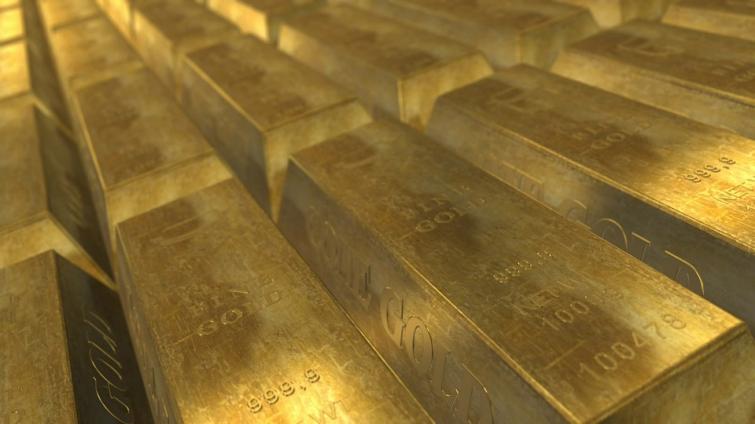
New report from World Gold Council points the way for gold industry resilience in the face of climate-related risks
New York/IBNS: The World Gold Council today launched its ‘Gold and Climate Change: Current and future impacts’ report, aiming to provide investors and industry stakeholders with greater clarity around both gold’s emission profile and the role that gold can play as a climate risk mitigation asset in long-term investment strategies.
Building on the World Gold Council’s initial work of 2018, the new report offers a more comprehensive overview of the current status of gold’s climate impacts and how the sector, and gold mining in particular, might decarbonise, in line with the objectives of the Paris Agreement.
In addition, the report examines how gold’s role as an investment asset might be affected by climate-related physical and transition risks in comparison to other mainstream investments.
Key findings of the report include:
Revised estimates of the emissions associated with both the production and consumption of gold represent a more accurate and comprehensive understanding of gold’s greenhouse gas (GHG) intensity and carbon footprint, while broadly validating our 2018 work. In addition, the findings confirm that gold’s downstream uses – as jewellery, bullion and in electronic products – have little material impact on gold’s overall carbon footprint.
There are substantial opportunities for gold mining to decarbonise. Specifically, there are compelling reasons to believe that energy and fuel use in gold mine production can transition towards a net zero pathway in a practical and cost-effective manner.
Gold as an asset looks relatively robust in the context of climate-related physical and transition risks, particularly when viewed in comparison to most other mainstream assets. Gold’s resilience is partially a reflection of the diverse drivers of demand which underpin the wider investment case for gold.
Taken together, these findings suggest gold may have an additional role to play as a climate risk mitigation asset in long-term investment strategies.
Dr Ben Caldecott, Director of the Oxford Sustainable Finance Programme and an Associate Professor at the University of Oxford, commented: “Investors all over the world, from large institutional investors to small millennial retail savers, have become increasingly aware of their portfolios’ environmental footprints. The global challenge of transitioning to a negative carbon footprint poses a massive challenge but also opportunity and will reshape the value of assets and companies across sectors of the global economy. This new report by the World Gold Council maps out the key questions the gold industry needs to address now in order to achieve net zero but it also looks at gold playing a part of the solution. I welcome this report and look forward to seeing the gold industry’s progress over the coming years.”
Terry Heymann, Chief Financial Officer at the World Gold Council, commented: “We recognise that climate change imposes very substantial risks to the global economy. This new research demonstrates that gold has an important role to play in supporting the transition to a lower-carbon economy, both through decarbonisation efforts and as a compelling investment as investors look for resilient assets in their portfolios, which are less likely to be negatively impacted by the physical and transition risks associated with climate change.”
Support Our Journalism
We cannot do without you.. your contribution supports unbiased journalism
IBNS is not driven by any ism- not wokeism, not racism, not skewed secularism, not hyper right-wing or left liberal ideals, nor by any hardline religious beliefs or hyper nationalism. We want to serve you good old objective news, as they are. We do not judge or preach. We let people decide for themselves. We only try to present factual and well-sourced news.







